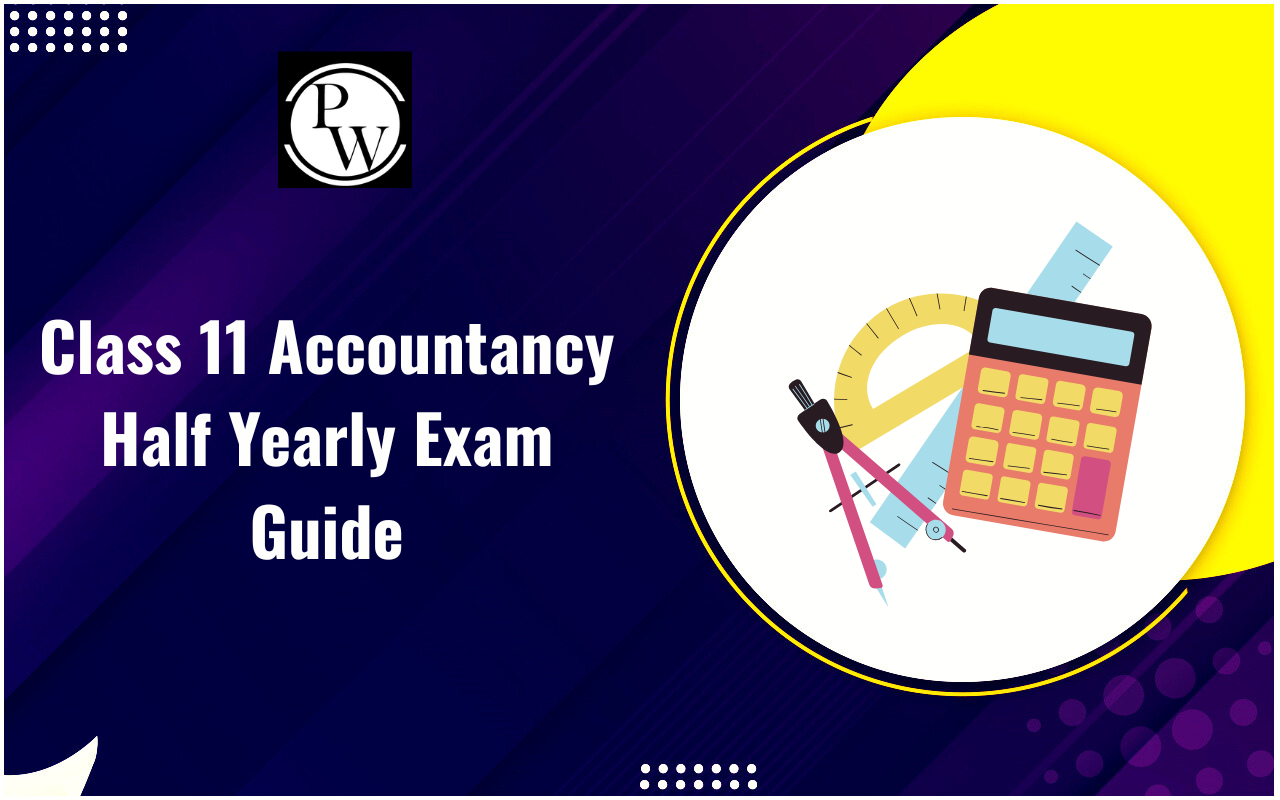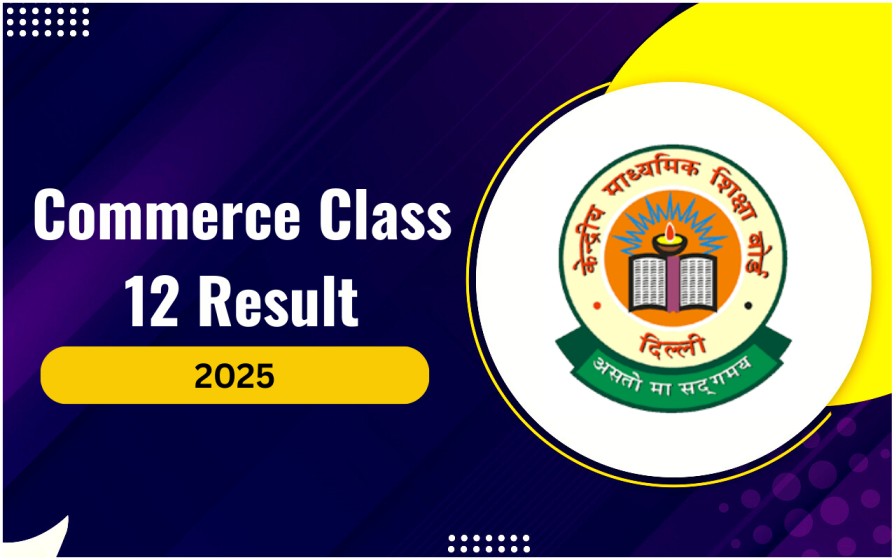
The planning process involves defining goals for a specific timeframe, creating multiple strategies to reach those goals, and ultimately choosing the most suitable approach from the available options. In essence, the planning process is a decision-making activity that revolves around establishing objectives and determining the best actions to attain them. It's crucial to note that plans are always tailored to a particular time frame.
What Is Planning Process?
Planning involves determining in advance what needs to be done and figuring out the best way to do it. It's a fundamental responsibility of managers, requiring them to decide on specific approaches before initiating any task. In this planning process, managers link planning closely with innovation and creativity.
However, before diving into the planning phase, managers must establish clear objectives. Planning is a crucial step undertaken by managers at various levels, involving decision-making as they choose the most suitable method among different available options for accomplishing tasks.
What is the Planning Cycle?
The Planning Cycle is an organized seven-step approach designed for managing small-to-medium sized projects, whether it's relocating offices, creating a new product, or organizing a corporate event. This method allows you to meticulously plan and execute projects that are thoughtful, focused, strong, practical, and budget-friendly.
Furthermore, it serves as a valuable tool for learning from errors, enabling you to incorporate this knowledge into your future planning and decision-making processes.
Steps of Planning Process
The planning process involves several key steps that managers must follow:
Setting Objectives:
This marks the beginning of planning, where clear goals are defined for the organization. Objectives are specific, measurable end results that the management aims to achieve. Each department sets its objectives within the overall framework of the organization's goals. For instance, a mobile phone company might set a target to double its sales to 200,000 units next year.
Developing Planning Premises:
Planning is future-oriented and requires understanding external events that could impact decisions. These events, known as planning premises, are assumptions based on which plans are made. For example, a mobile phone company might base its sales objective on favorable government policies promoting digital transactions.
Identifying Alternative Courses of Action:
After setting objectives and making assumptions, various ways to achieve the goals are explored. Multiple alternatives, such as price reduction, increased advertising, or improved after-sales services, are identified.
Evaluating Alternative Courses of Action:
Each alternative is carefully evaluated, considering both positive and negative aspects. Factors like cost, risks, and returns are assessed within the planning premises and available resources. The evaluation helps in weighing the pros and cons of each option.
Selecting One Best Alternative:
The most profitable plan with minimal negative effects is chosen and implemented. Managerial experience and judgment play a vital role in this decision-making process. For instance, a mobile phone company might opt for increased TV advertisements, online marketing, and excellent after-sales service.
Implementing the Plan:
This step involves putting the chosen plan into action. Managers communicate the plan clearly to employees, allocate resources, organize labor, and procure necessary machinery. For example, a mobile phone company might hire more salespeople, create TV advertisements, initiate online marketing activities, and establish service workshops.
Follow-Up Action:
Continuous monitoring and feedback are crucial to ensure plans are on track. Regular checks and comparisons against set standards are performed. Feedback mechanisms, such as customer responses and revenue collection, are utilized to evaluate the actual outcomes against the planned objectives.
For instance, the mobile phone company establishes a feedback system across its branches to assess customer responses, revenue, and employee feedback.
Limitations of Planning
The following are the limitations of planning:Rigidity in Decision-Making:
- When plans are set for the future, management might find it challenging to make changes. Adhering strictly to a predetermined plan, even when circumstances evolve, can be detrimental to the organization.
- This inflexibility can pose significant problems.
Suppression of Creativity:
- Planning can stifle creativity within an organization. Managers may become rigid followers of the established plan, hindering their ability to adapt to changing business environments.
- This rigidity discourages managers from proposing new ideas or suggestions for improving work conditions since the plan serves as the sole guideline.
High Cost:
- Planning is a mentally intensive activity that requires qualified professionals, leading to substantial expenses for organizations. Apart from salaries, considerable time and resources are invested in gathering accurate data.
- Consequently, planning becomes a costly process. If the benefits derived do not surpass the costs incurred, organizations might consider discontinuing the planning process.
| Read Related Topics | |
| Median | Economic Systems |
| Not for Profit Organizations | How to Prepare Trial Balance |
| Census and Sample Survey | Measures of Dispersion |
| Poverty and Poor | Marketing Mix |
Planning Process FAQs
What is step 4 in the planning process?
What are the four types of planning processes?
What are the four planning functions?
What are the three types of planning?
How many types of process are there?













